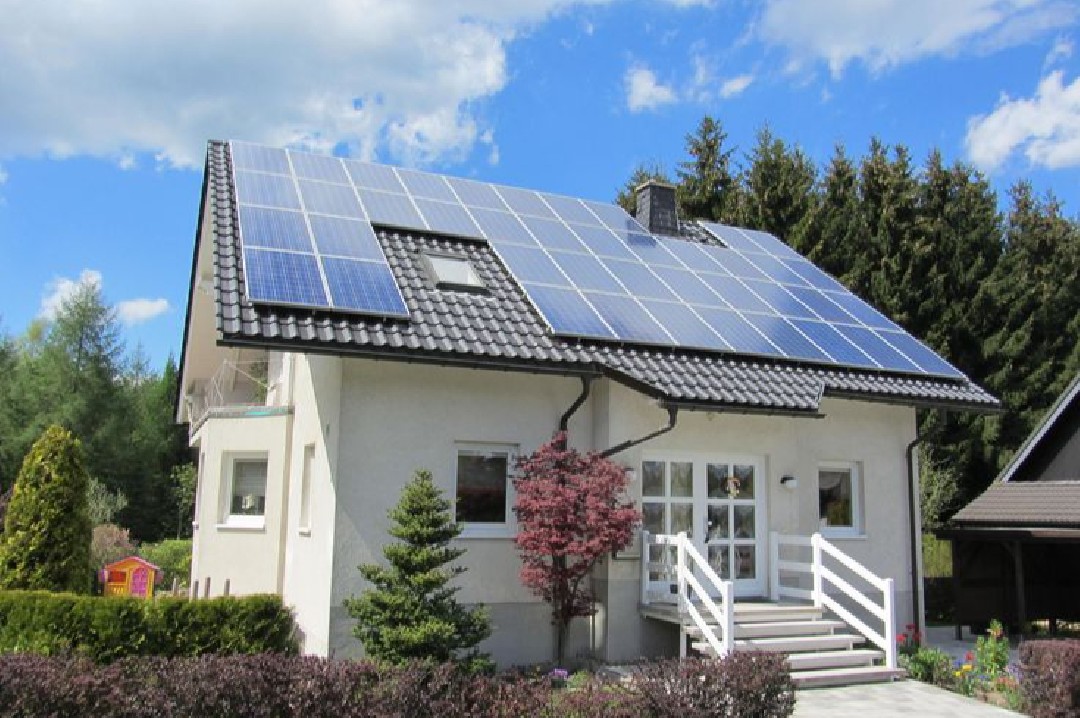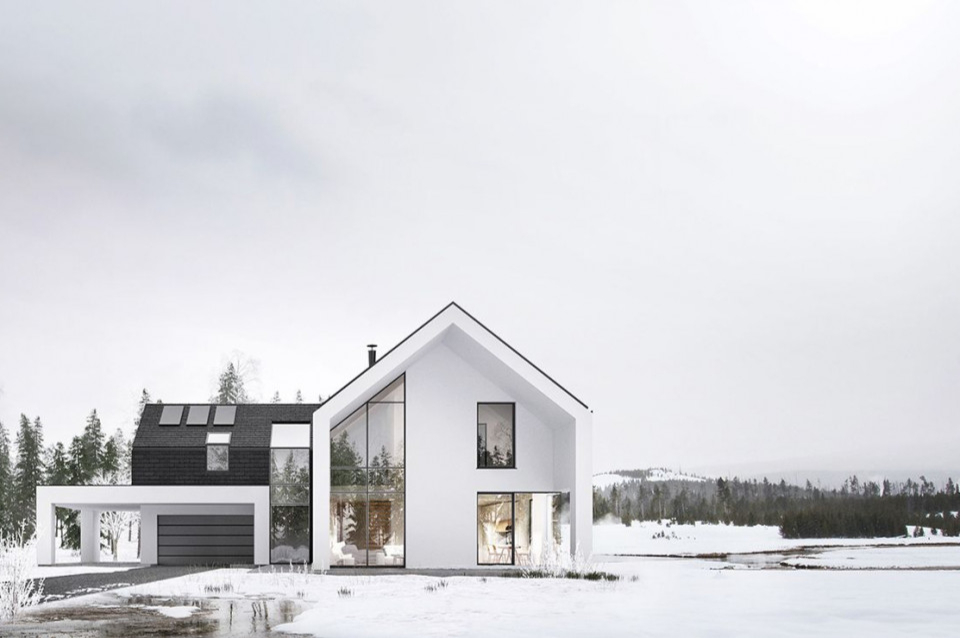Operational Costs: Heat Pump vs. Furnace and AC
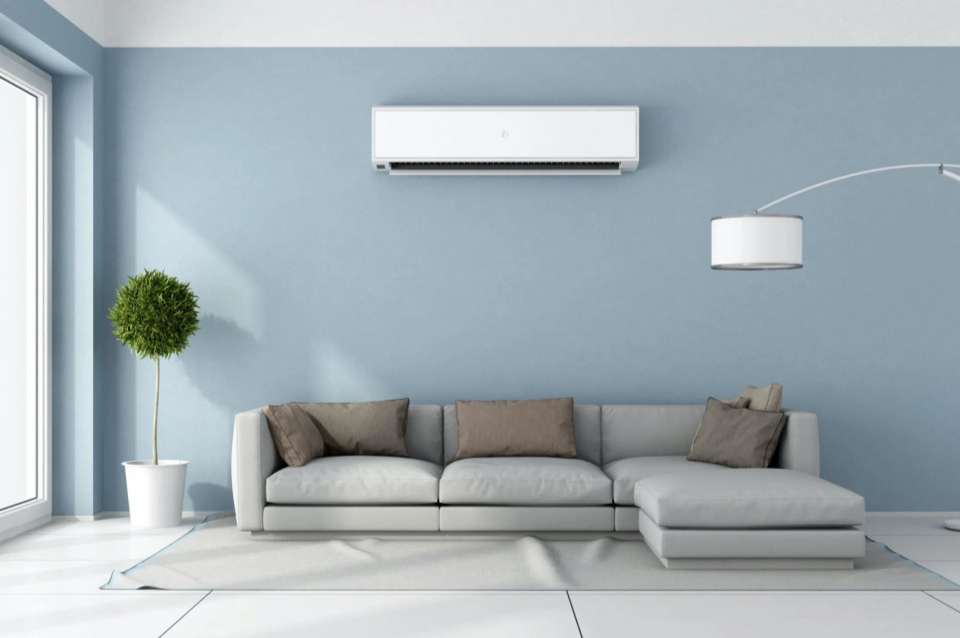
As a homeowner, you need to understand the importance of controlling the temperature in your home, and that each heating and cooling solution has distinct advantages and is superior in specific situations. Homeowners must decide whether to purchase a heat pump or a furnace and an air conditioner (AC).
A heat pump is an energy-efficient alternative to a furnace and AC, which are part of a home heating and cooling system. A heat pump transfers heat from a cool to a warm space using electricity. In the winter, it absorbs outdoor air as a source of thermal energy and uses it to heat your home. In the summer, it moves heat from inside your home to the outside to keep you cool.
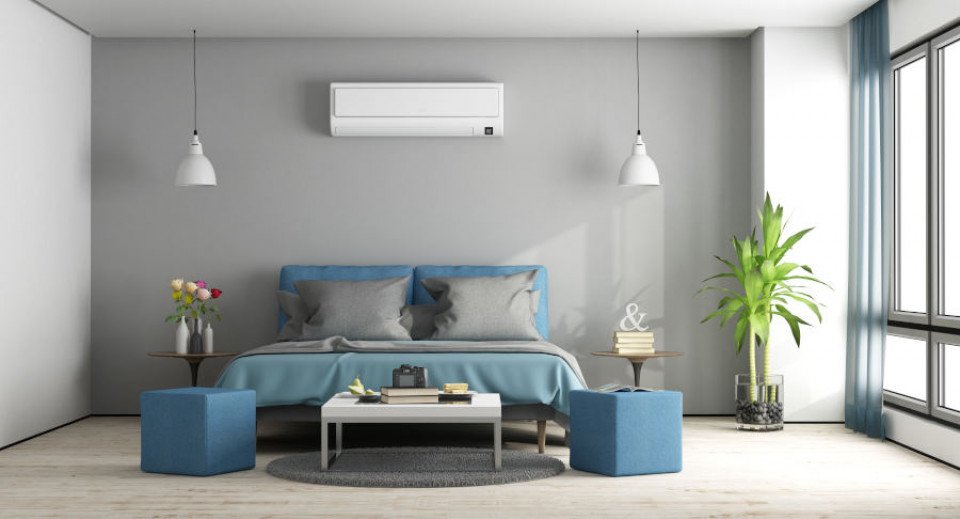
source : airconacs.com.au
However, in some parts of the world, homeowners are more familiar with the furnace type of heating system. For example, 5.1 million homes in Canada use furnaces as a heating source. This home appliance generates electricity in your home by burning fuel, most commonly natural gas. Your furnace generates heat and distributes it throughout your home by using either a pilot light or an electronic ignition.
The primary distinction between a heat pump and a furnace combined with an AC is that a heat pump can both cool and heat your home, whereas you need both the furnace and AC combined to heat and cool your home.
Here are three facts about the difference between a heat pump and a furnace combined with an AC.
Maintenance
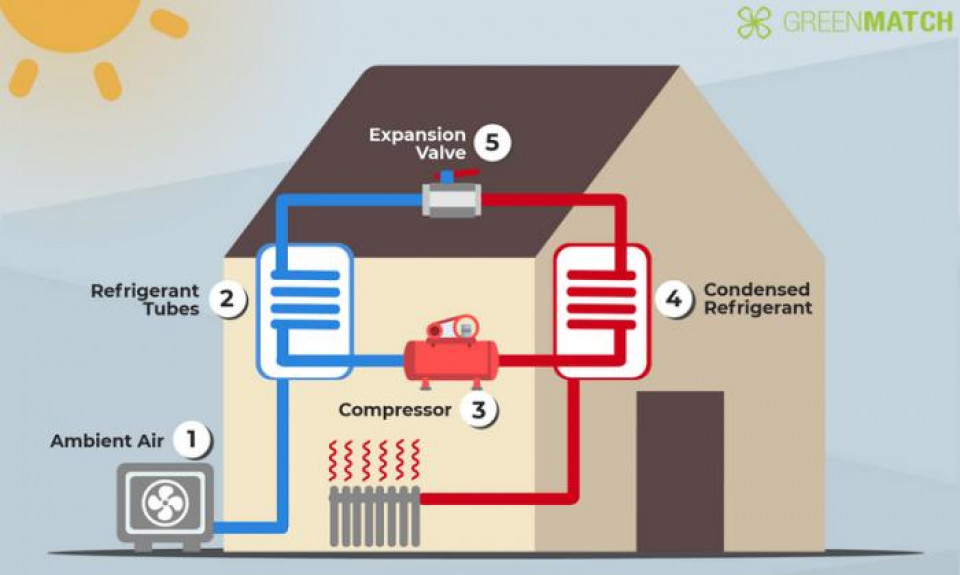
Image source: Rate It Green
With regular maintenance, both heat pumps and furnaces will last longer and run more efficiently. Both systems have air filters that need to be regularly replaced. A typical residential heat pump system consists of an outdoor and indoor unit that should be cleaned and inspected annually. Even though all of these systems require some recurring maintenance, the furnace's requirements are lower than those of a heat pump.
A gas furnace does not require an outdoor unit, but it is frequently paired with a central air conditioner unit. However, furnace maintenance is relatively simple. In most cases, regular filter changes and vacuuming inside the unit are required to keep the furnace running smoothly and efficiently. It's also a good idea to clean the flame sensor with sandpaper before each heating season.
Remember that it is also critical to perform a thorough annual inspection of the furnace in your home. That is why you must find a reputable, well-established company to complete the work for you. For example, if you live in Toronto, Canada, make sure to research the market and find the best Toronto furnace companies that offer quality service for a fair price.
Additionally, if you notice that you’re not getting any cool air, your AC may be broken. There are a number of issues that might indicate you’ll need to repair your AC unit, from low Freon levels to a broken compressor. So, having professionals perform the annual maintenance is key for the longevity of the AC as well.
Cost
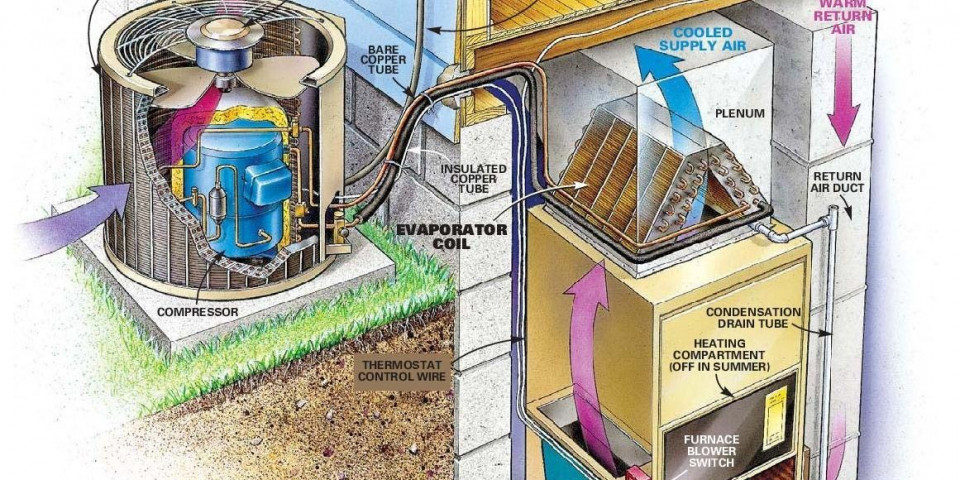
Image source: Canadian Home Inspection Services
When comparing a heat pump and a furnace, one of the first questions that homeowners are likely to ask is which one is more expensive. To begin, your costs will be determined by what your home is already equipped for. Homes with direct access to natural gas may find that a furnace is less expensive.
A home without natural gas, on the other hand, will cost more to have the furnace installed. But, all else being equal, a heat pump is usually less expensive. Also, a furnace has to be paired with an AC to provide both cooling and heating to the home, so naturally, this option is slightly more expensive.
Performance
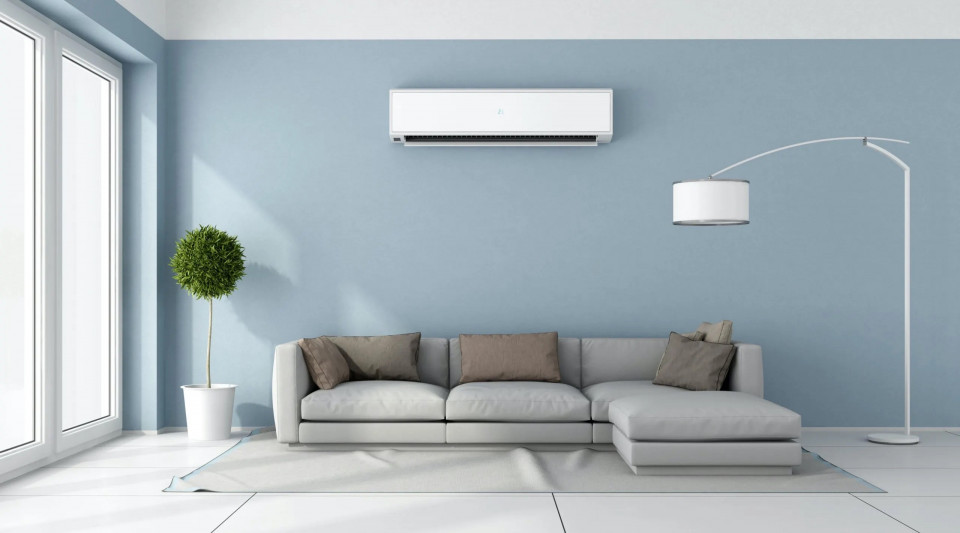
source : smartairfilters.com
The performance of a heat pump compared to a furnace varies greatly depending on where you live. If you live in an area that has a mild climate, a heat pump may be a better option. In such cases, a heat pump can transfer heat into your home rather than generate it, and it is more energy-efficient than a furnace.
If you live in an area where it gets very cold in the winter and very hot in the summer, a furnace combined with an AC is probably the best option for you. In mild climates, a furnace isn't as energy efficient as a heat pump and, as a result, struggles in this type of climate. That is why a heat-generating furnace will operate more effectively.
Final thoughts
There isn't always one option that is superior to the others. While the heat pump and the combination of a furnace and AC all have advantages, the best heating solution for you will be determined by your home situation and the place you live.





